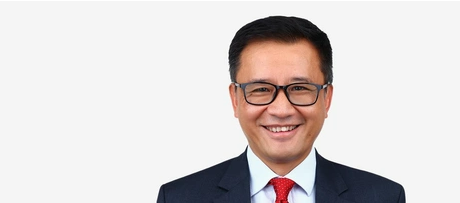
Is a change of tax mindset now needed?
For Singapore and many other countries that have traditionally leant on financial incentives to attract foreign direct investments, the ambition of a 15% minimum global tax presented by Pillar 2 Global Anti-Base Erosion rules (GloBE) heralds a new challenge. While there is little doubt that having a fairer international tax system is a much-needed move, is now the time to consider a change of mindset on what makes a country a good business location?
In this respect, Singapore has some valuable benefits, including a stable political climate, a solid financial system and a deep talent pool. With all countries likely to arrive at a level tax playing field in the near future, such attributes will become more important and a key differentiator in choosing a businesses location. The need to look beyond Pillar 2 GloBE rules to envisage a business landscape that relies on a broader range of economic merits can only be a healthy development for the future of business.
How will we get there?
At present, however, countries are understandably focused on when and how to implement the Pillar 2 GloBE rules. In the case of Singapore, a more conservative approach is being taken to learn from early adopters and adapt a solution that is a close fit to Singapore’s business ethos. In this context, the Singapore Government has announced that it plans to implement the first part of the Pillar 2 GloBE initiative in 2025, which is one year after the OECD’s suggested timeframe. Other countries signed up to the Pillar 2 GloBE Inclusive Framework are taking similar approaches, others have yet to make any announcements at all. So while setting the foundations for a fairer global tax system is welcomed, the room for variation in implementing and applying the rules does create uncertainty for MNEs in Pillar 2 GloBE’s scope.
In terms of the actual rules, Singapore plans first to implement an income inclusion rule (IIR) to determine whether the effective tax rate (ETR) will be achieved and, if not, whether a top-up tax would apply at the ultimate parent entity level or at the subsidiary level using the Qualified Domestic Top-up Tax (QDTT) rule. A second phase in 2026 would see the introduction of the Undertaxed Payments Rule (UTPR).
Along with the timing, there are also unanswered questions about the precise detail of the rules and how they will be applied. How, for example, will safe harbour rules work if calculations are based on different reporting periods? Currently, clients and advisers are waiting on a government consultation to provide input on current plans, which will inform outcomes.
Pivoting current logic to the new paradigm
A key question moving forward is how current logic will apply when reporting under the Pillar 2 GloBE methodology. For example, internal pricing arrangements for products are established and preset based on transfer pricing logic. Yet at present, it’s unclear what the exact impact would be of an existing pricing model moving into a new model. Also, how will post-filing disputes resulting in profit adjustments be dealt with? Currently, the rules are not mature enough to see how the bridge between old and new methodologies will impact reporting under Pillar 2 GloBE.
At the moment, we can only assess challenges based on what we know now. For example, if we are talking about a UK parent entity with a Singapore subsidiary, a QDTT can’t be applied in 2024 because, as it stands, Singapore’s QDTT will not be in place until 2025. The current state of play on how countries are timetabling and implementing Pillar 2 GloBE rules means this is not an uncommon situation. For many clients, the first year of reporting may differ from the second year and having to deal with such change may have to be part of the process.
If we look at how business has evolved and how long it has taken to get to the level of sophistication we now expect, it should perhaps come as no surprise that attempts to implement a new and complex tax regime are unlikely to run smoothly from the get-go.
If we accept that Pillar 2 GloBE is here to stay, we must all accept that change is inevitable and, with it, a mindset change.


Brazil’s 2026 tax reform: preparing for transition
Starting in January 2026, Brazil will enter the transition phase of its most ambitious tax reform in decades — a structural overhaul that will reshape the taxation of goods and services. While the reform aims to simplify one of the world’s most complex tax systems, its scale and impact cannot be underestimated: it will redefine […]

Pillar 2 GloBE rules technical series: how complex structures and reorganisations impact GloBE
The ninth session of series on Pillar 2 GloBE model rules focuses on the challenges posed by complex structures and reorganisations and how they impact Global Anti-Base Erosion (GloBE) income. The GloBE rules apply to multi-national enterprise (MNE) groups that have consolidated revenue of EUR750m or more in at least two of the four fiscal […]

Pillar 2 GloBE rules technical series: using elections to align and simplify GloBE computations
The seventh session of our 10-part series on Pillar 2 GloBE model rules focuses on how elections can help align GloBE income to mirror local tax treatment and iron out issues that could skew the effective tax rate (ETR). There are also elections that recognise the difficulty of obtaining the numerous data points needed to […]

Pillar 2 GloBE rules technical series: navigating adjusted covered taxes
The sixth article of our series on Pillar 2 GloBE model rules focuses on how to identify the key principles of adjusted covered taxes. Adjusted covered taxes is the numerator in the formula for determining the effective tax rate under the main Pillar 2 rules. As well as discussing points such as the definition of […]

Pillar 2 GloBE rules technical series: unpacking and applying GloBE model rule adjustments
Continuing our technical series on Pillar 2 GloBE, article five aims to assess how to determine your Financial Accounting Net Income or Loss (FANIL) by applying the relevant OECD-listed adjustments, alongside a brief overview of other additional adjustments. As discussed in previous articles in this series, calculating any top-up tax liability under Pillar 2 begins […]

Pillar 2 GloBE rules technical series: understanding how Pillar 2 GloBE impacts tax accounting
Continuing our technical series on Pillar 2 GloBE, this article aims to give an overview of the relationship between tax accounting and Pillar 2 GloBE. As well as highlighting basic accounting principles, the article will summarise issues relating to the computation of the effective tax rate, top-up tax, GloBE income or loss, covered taxes and […]

Next step in DAC9 legislation: council of the European Union reaches agreement on standardisation of GIR
In mid-February, the European Parliament (EP) voted by a majority to adopt the DAC9 legislative initiative. Now, the Council has reached a political agreement on the new EU directive. It acts as the sole legislator and will formally adopt DAC 9 after the revision is completed. The previous proposal by the European Commission primarily aims […]

Pillar 2 GloBE rules technical series: addressing MNE group complexities under Pillar 2 GloBE
Following on from article two in our technical series on Pillar 2 GloBE, this article aims to peel away further layers of how the GloBE rules define MNE groups. In particular, we will look at some of the more complex situations likely to arise in determining an MNE group. As discussed in our previous article, […]

Pillar 2 GloBE rules technical series: understanding MNE group structures through the lens of the GloBE rules
One of the fundamental exercises for in-scope multinational enterprise (MNE) groups subject to Pillar 2 GloBE rules is to gain an in-depth knowledge of constituent entities (CEs) and permanent establishments (PEs) on a country-by-country basis. It is an important task that will help ensure calculations required to determine your top-up tax liability in each jurisdiction […]

Risk management: adding value with a tax control framework
The tax risks facing global organisations increase every year. In the EU alone, data from the European Commission shows there are around 900 double taxation disputes, estimated to be worth €10.5 billion.These figures are likely to continue increasing over the coming years, as governments and tax authorities around the world align their approaches, increase global […]
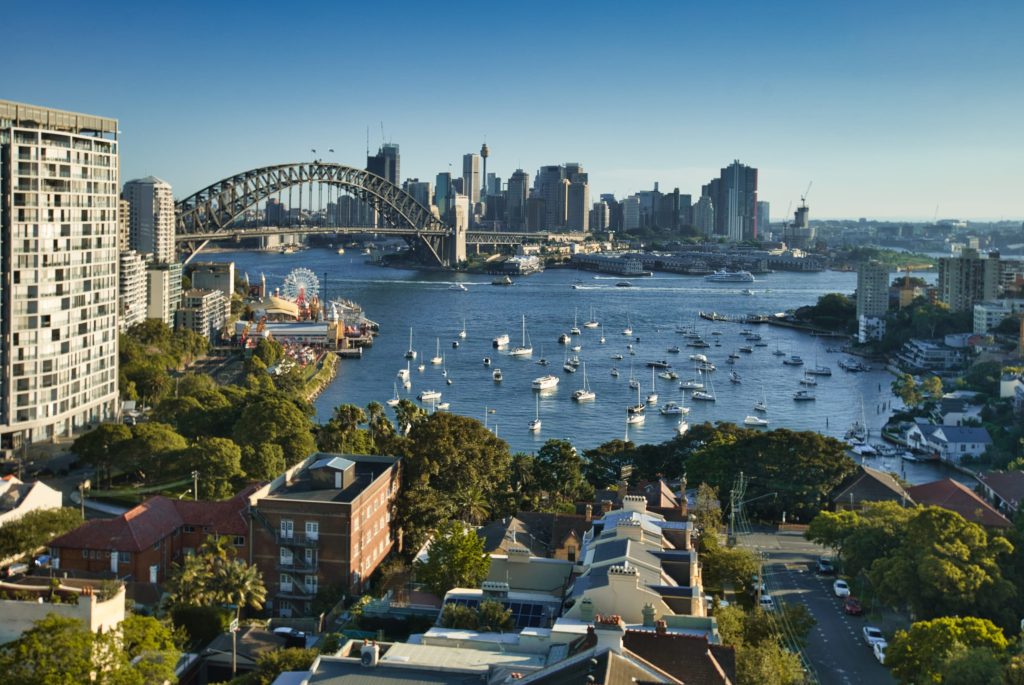
Pillar 2 GloBE rules technical series: getting to know top-up taxes and safe harbours
With the Organisation for Economic Co-operation and Development’s (OECD) Pillar 2 Global anti-Base Erosion (GloBE) Rules now in play, understanding who, what, and how the regime will impact multinational enterprises (MNEs) is vital. With new OECD guidance being steadily released, keeping abreast of changes affecting how the rules are interpreted and what options an MNE […]

Maximising privately owned business efficiency with a tax control framework
Implementing a tax control framework (TCF) might sound like something only large multinational PLCs need to worry about. But for privately-owned businesses, a tax control framework also offers great opportunity. The risks a TCF guards against may be different in scope for a typical owner-managed business, but there remain significant penalties for the wrong approach. […]

Enhancing business sustainability through effective tax control frameworks
Sustainability challenges have become critical business imperatives in recent years. Regulators, stakeholders, investors, employees, customers – all expect a much higher degree of compliance and transparency. Businesses have got used to their performance in these areas being monitored and to being held accountable for any weaknesses. Although much of the focus on ESG (Environmental, Social […]

Tax transparency on allocation of group profits in the light of Public CbCR
Taxation has a key role for medium and large multinational companies in the process of developing a sustainable business model. Disclosure of complex tax information and transparency on profit allocation to group entities is key to this transformation process and will become a reality with new reporting standards and EU disclosure obligations. The Global Reporting […]

Implementing the right tax control framework
There are two main drivers for organisations looking for advice around tax control frameworks (TCFs). Sometimes it is a proactive strategy to check their tax affairs are in good shape or to better understand any potential liability risks, for example. Alternatively, they may already be aware of tax compliance issues they need to deal with […]

Using CbCR data as a Pillar 2 GloBE starting point
Designed to ensure that multinational enterprises (MNEs) pay a global minimum tax (GMT) of 15% in each jurisdiction where they operate and generate income, the Pillar 2 global anti-base erosion (GloBE) rules are now a reality for in-scope MNEs and very large groups with €750m consolidated global turnover. With some MNEs facing assessments as early […]

How to develop a robust tax control framework for your business
Developing and implementing a tax control framework (TCF) is a strategy being adopted by an increasing number of companies around the world. There is no universal approach to developing a TCF. At Forvis Mazars, based on our wide experience working with a diverse range of companies to implement tax control frameworks, we take a structured, […]

New app from the Mexican Tax Administration Service designed to determine the monthly VAT returns automatically
The Mexican Tax Administration Service (SAT) continues to innovate and invest in technology and artificial intelligence to make it easier and more efficient for taxpayers to file their monthly tax returns. On February 1st, 2024, The Mexican Tax Administration launched a new online platform for filing the monthly Value Added Tax (VAT) returns, which will […]

A basic guide to understanding Pillar 2 GloBE minimum top-up tax rules
As in-scope organisations* embark on a new Pillar 2 Global Anti-Base Erosion (GloBE) journey, having a clearer understanding of how jurisdictions will enact the global minimum 15% tax rule is vital. Notably, while Pillar 2 GloBE sets out model rules on what jurisdictions need to achieve, there is an element of flexibility in how each […]

The benefits of having a tax control framework
Tax control frameworks are becoming increasingly common as companies seek to manage their taxation, compliance, and risk management obligations more effectively and efficiently. So, what is a tax control framework, and what are the benefits? A tax control framework is a set of processes and internal control procedures that ensure a company’s tax risks are […]

UK Spring Budget 2024
The UK Spring Budget on 6 March 2024 was relatively measured in its tax policy decisions, despite a background of falling inflation and rising tax receipts. Below are some areas of interest for globally mobile individuals, those with UK staff, and those with business and investment interests. Main measures affecting individuals Main measures affecting those […]

The right tax approach: why companies need a tax control framework
Across the globe, an increasing number of companies are developing tax control frameworks to help them stay on top of their taxation, compliance and risk management obligations and objectives. These obligations are continually evolving, driven by a combination of both...
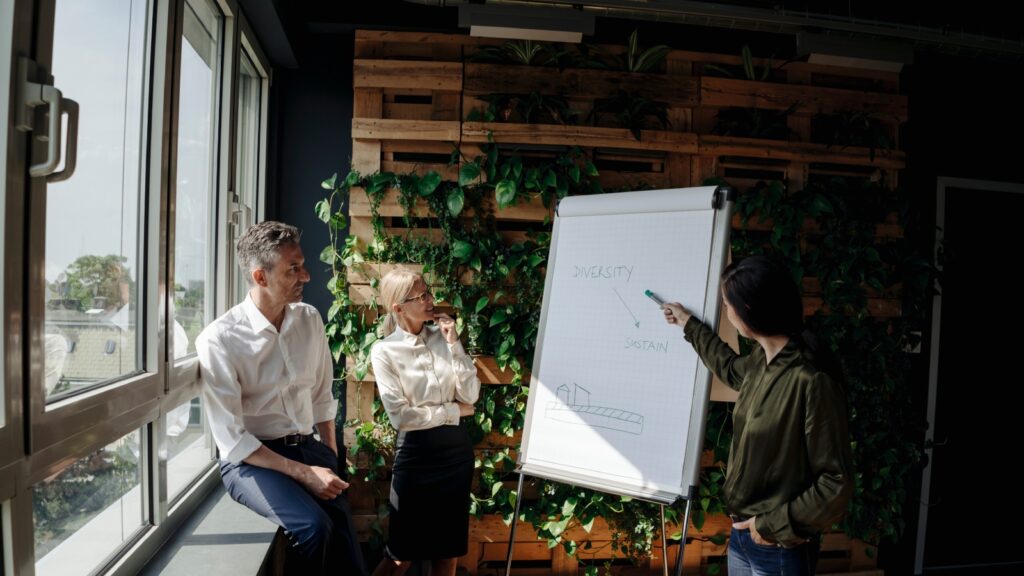
Ecological taxes: new updates in Mexico
Several Mexican states had imposed ecological taxes in order to encourage certain industries to reduce their polluting emissions. In addition, green taxes have recently been imposed as a consequence of the warning issued by the Mexico Climate Initiative (MCI) that Mexico’s carbon dioxide emissions could increase by up to 59.8% by 2050 if the country’s green […]

A basic guide to understanding Pillar 2 GloBE minimum top-up tax rules
As in-scope organisations* embark on a new Pillar 2 Global Anti-Base Erosion (GloBE) journey, having a clearer understanding of how jurisdictions will enact the global minimum 15% tax rule is vital. Notably, while Pillar 2 GloBE sets out model rules on what jurisdictions need to achieve, there is an element of flexibility in how each […]

IAS accounting requirements for Pillar 2: GloBE for periods ending 31 December 2023
Background to Pillar 2 (GloBE) Part of the ongoing work of the OECD to combat tax avoidance and targeted at low tax jurisdictions, the Pillar 2 – GloBE rules will apply to large organisations (>€750m of global revenue) with each country having its own rules implementing some form of 15% minimum tax, or otherwise risking […]

Green investments in Austria: new tax allowance introduced effective 2023
When the Austrian government – a coalition between the conservative People’s Party and the Green Party – presented their government program for 2020-2024, an “eco-social tax reform” was one of the key elements. The most recent measure has been the introduction of an investment allowance that especially incentivises “green investments”. The two main pillars of […]

How CARF, MiCA, and DAC8 will impact tax transparency in relation to the WEB 3 and other recent web developments
The development of new web communication systems such as WEB3 is making it very difficult for tax authorities to trace taxable transactions. However, measures proposed by the OECD and the European Union aim to provide a framework that will permit traceability of tax transactions. The technical characteristics of a crypto asset make it difficult for […]

ATAD3 update: significant amendments recommended by the European Parliament
The European Parliament proposes significant amendments to the Anti-Tax Avoidance Directive, commonly known as ATAD3. ATAD3 seeks to prevent the misuse of shell companies for tax purposes. Compared to the initial draft Directive, the proposed amendments may provide relief for international organisations. In essence, ATAD3 imposes increased reporting obligations and denial of tax benefits under […]

Mexico approves the Multilateral Instrument (MLI) to implement Tax Treaty Measures
On 12 October 2022, the Mexican Government approved the Multilateral Instrument (MLI) related to the application rules for double taxation agreements (DTAs) to prevent Base Erosion and Profit Shifting (BEPS). The rules were published in the Official Gazette of the Federation on 22 November 2022. Included in the Mexican Government’s reservations and notifications are […]
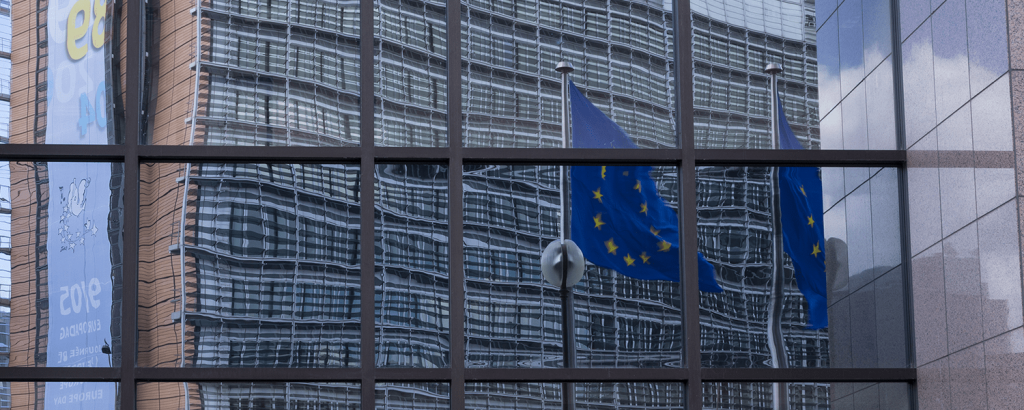
EU’s new SAFE initiative to bolster existing tax evasion measures
The European Commission (EC) launched an initiative on 6 July 2022 concerning the fight against tax evasion and aggressive tax planning. As a result, a public consultation introducing the Securing the Activity Framework of Enablers (SAFE) directive has now been held. The proposed measures could increase compliance costs for all those involved in providing tax […]

Proposed changes to the offshore regime for passive income in Hong Kong
Background To address harmful tax competition, the European Union (“EU”) requires Member States to refrain from introducing any new harmful tax measures and amend any laws or practices deemed to be harmful. Regarding non-EU jurisdictions, the EU has also evaluated their tax regimes against international tax standards and put in place a list of noncooperative […]

The Google tax: The UK story, 7 years later
The Diverted Profits Tax (DPT), or what the media have dubbed the Google tax, was introduced in 2015 to dissuade and counteract contrived arrangements used by large multinational groups that divert profits from the UK and erode the UK tax base.

The impact of digital assets and cryptocurrencies decentralised finance on taxation in various jurisdictions
Digital assets and cryptocurrencies continue to evolve by offering new services and products such as Decentralized Finance (DeFi) and non-fungible tokens (“NFTs”), but is tax legislation also keeping up to date with the ever-changing world of digital assets and cryptocurrencies?

Are you ready for the GloBE tax challenges?
On 14 March 2022, the OECD published a comprehensive commentary and illustrative examples of how implementing the Global Anti-Base Erosion Model Rules (GloBE rules) could look. In this blog, we discuss the GloBE rules and examine how the rules apply and filing requirements. On 20 December 2021, the OECD published model rules that member countries […]

Environmental tax pillar in the environmental, social, and governance system
The information regarding environmental taxes paid by an organisation, as well as the actions taken to mitigate the impact on the environment could be included in environmental, social, and governance (ESG) reporting. Environmental reporting in total is an important element for parties to consider when doing business. Along with environmental reporting, environmental taxes play a […]
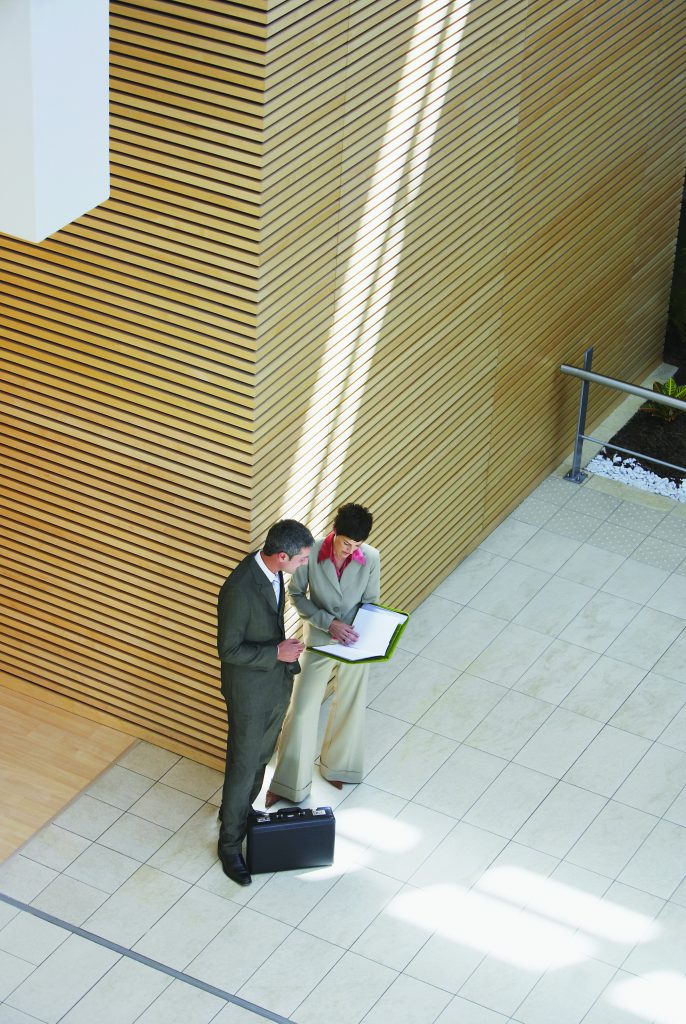
Tax compliance and incentives during martial law in Ukraine
A crucial number of Ukrainian companies (including subsidiaries of international enterprises) experienced negative business and financial impacts as a result of the Russian invasion of Ukraine which started on 24 February 2022. The urgent relocation of staff to other regions of Ukraine and abroad, interruption of access to internal databases, IT systems, and paper documents […]

The Anti-Tax Avoidance Directive II: Will other jurisdictions follow the UK’s lead?
ATAD II is the EU translation of BEPS Action 2, the part which is focused on the ability of taxpayers to design situations of double non-taxation or heavily reduced taxation by exploiting hybrid mismatches. They apply to mismatches between the EU Member States, the UK, Mexico, Australia, New Zealand, and third countries. This legislation has […]

Compliance bulletin helps businesses in Mexico
Mazars experts around the world deliver tailored services in audit, accounting, tax, financial advisory, consulting, and legal services. In Mexico, local experts have created a compliance dashboard with news items to help guide businesses as they navigate issues related to finance, tax, legal, and labour updates. With the global economy recovering from Covid-19, new government-required procedures […]

Brexit impact on in/outbound payments
When the UK finally left the EU ended on 31 December 2020, the application of provisions that have been beneficial to cross-border payments within the EU ceased, or will cease to apply. The elimination of withholding taxes, formerly part of these provisions, means companies with cross-border dividend, interest and royalty payment flows to or from […]
